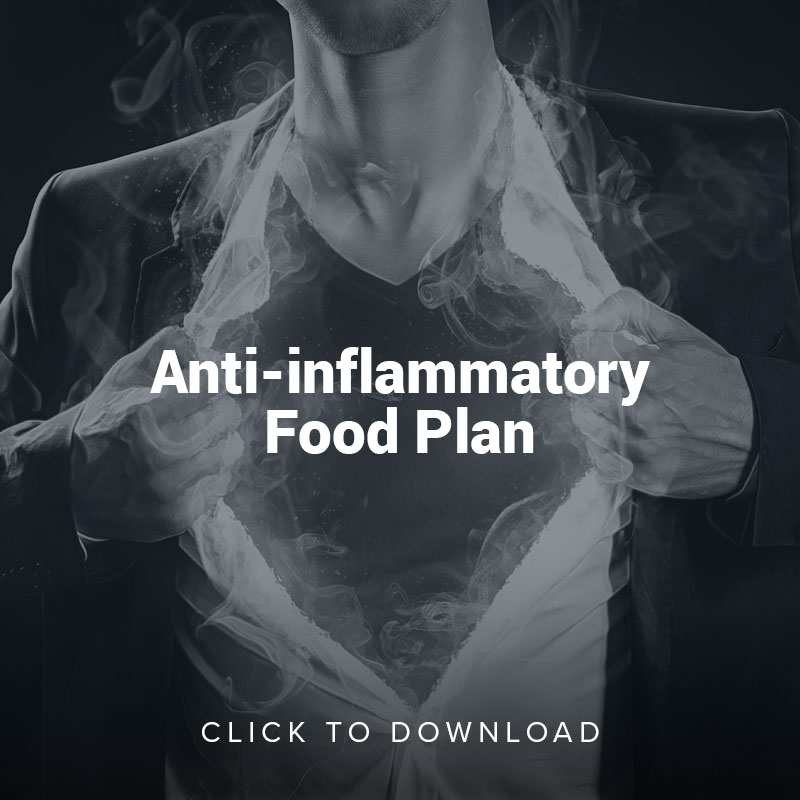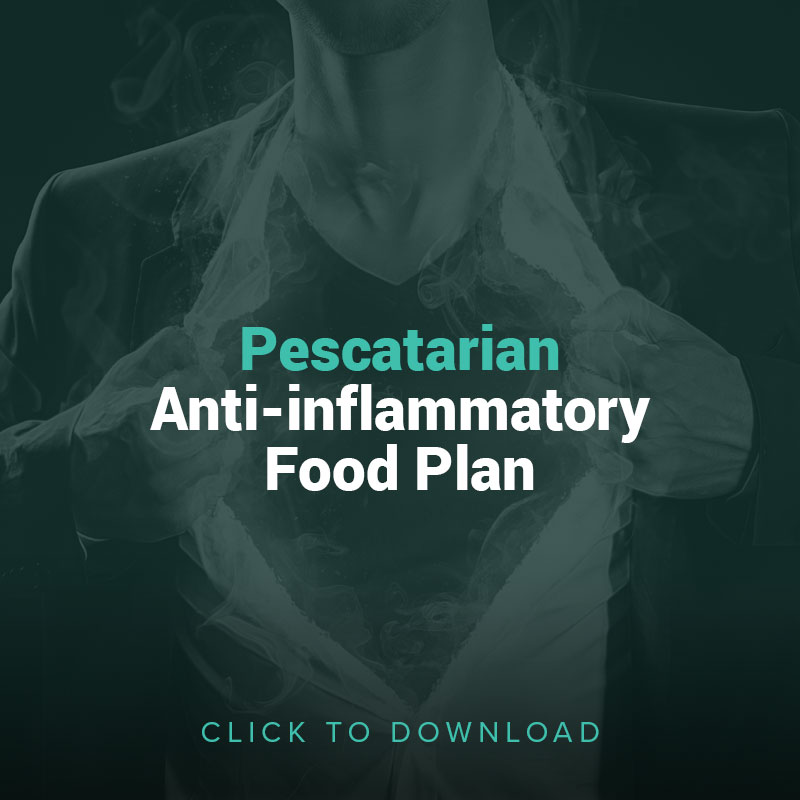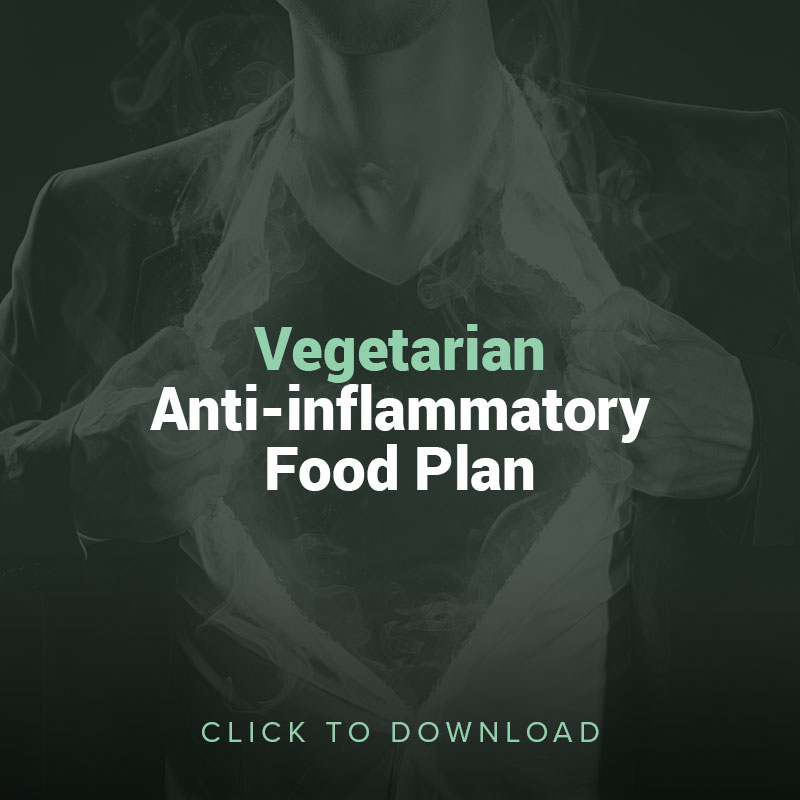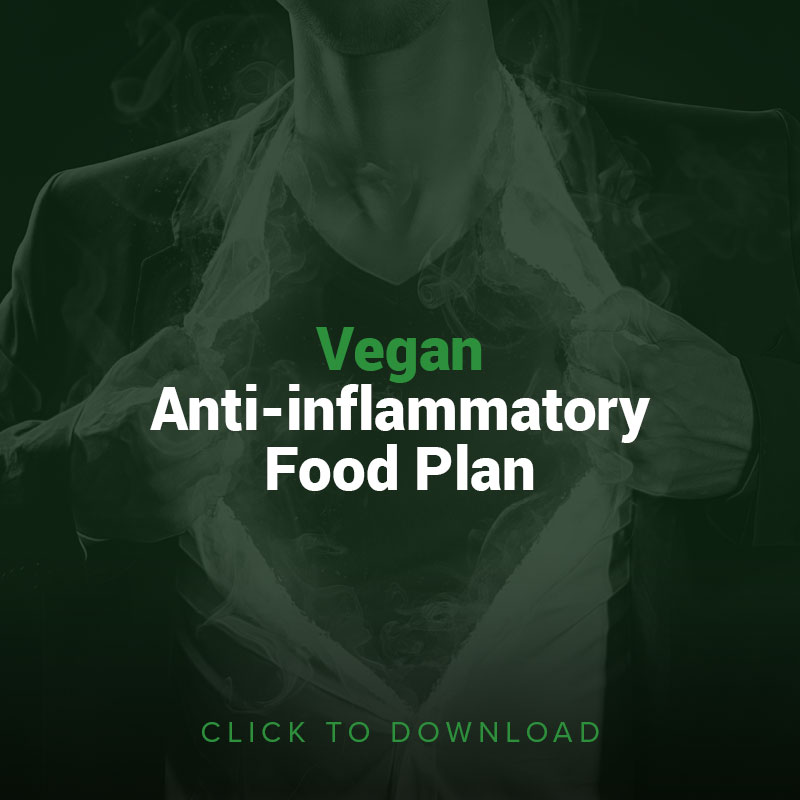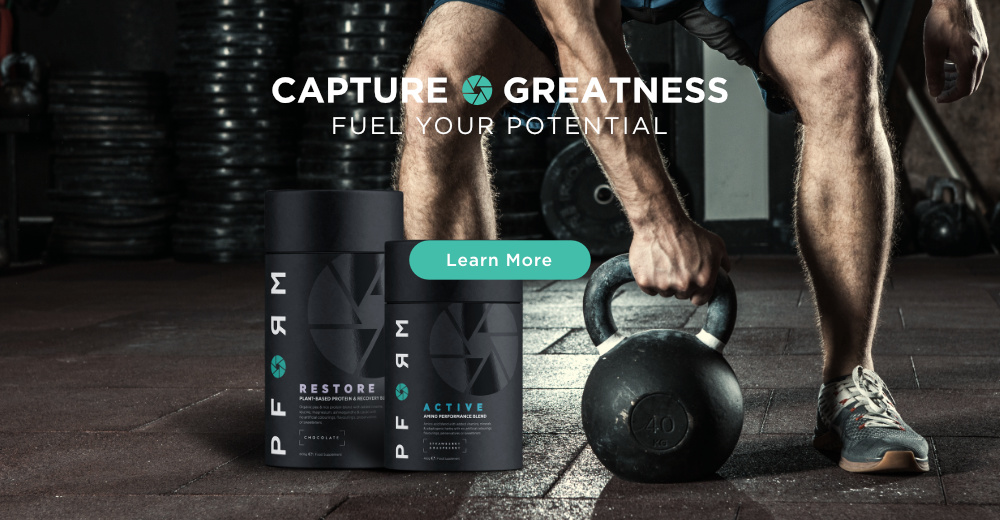
Controlling inflammation with foods and botanicals
Chronic inflammation plays a significant role in almost all disease conditions in some way or another. Anything from diabetes, Alzheimer’s, cancer, eczema, arthritis, psoriasis and more are all influenced by inflammation. In this article we take a look at how to control inflammation with foods and botanicals.
Chronic inflammation occurs as a result of an ongoing injury/trauma or an immune system that has failed in its role of countering the presences of inflammation.
Of course, there are many pharmaceutics that can help to lower levels of inflammation, and they do this by working on many downstream effects of inflammation, without addressing the root cause. In some instances, symptomatic support is required, and in other instances it can do more harm than good.
As a Nutritionist & Functional Medicine Practitioner, it is my role to focus on root cause issues and to find natural therapies for my clients address underlying causes. This can often be complex and vast, and of course, more challenging than just popping a pill to mask the inflammation.
Foundational dietary changes to reduce inflammation
Some of the key components to an anti-inflammatory diet include:
- Reduced intake of a particular fatty acid known as arachidonic acid. Ideally, minimise meat, dairy, poultry and shellfish.
- Increase your intake of other essential fatty acids, such as EPA, DHA and ALA from cold water fish, flax, chia etc.
- Limit any intake of refined/processed vegetable oils such as those in margarines, baked goods, processed foods etc.
- Eat a colourful diet, rich in phytonutrients and antioxidants.
- Minimise alcohol intake, and the intake of refined sugars and processed carbohydrates.
Plant-based diets in general have anti-inflammatory capabilities, so whether you choose to eat animal products or not, the diet should be largely plant-based.
Specific anti-inflammatory botanicals and phytonutrients
Here is a top 6 list of anti-inflammatory botanicals, phytonutrients and specific foods.
- Curcumin – Found particularly in turmeric and ginger
- Quercetin
- Bromelain found in pineapple (the core especially)
- Green Tea
- Capsaicin (cayenne) – can also be used as a topical cream
- Boswellia
Include some of these in the diet, or in supplement form, when chronic inflammation/pain is present.
In addition to this, a good general multivitamin and mineral or phytonutrient formula, can be useful if looking to supplement your diet further.
I also like the addition of a good vitamin C that also contains other anti-inflammatory botanicals, like quercetin and other citrus bioflavonoids.
Other supplements that are worthy of consideration include
Vitamin D
When vitamin D is optimised, this can help to modulate any inflammation and immune imbalances.
Omega-3 Fatty acids
Omega-3 Fatty acids help control the balance of omega 3&6, which can assist in reducing inflammation. The EPA and DHA that can be found in fish oil or algae oil are very good at controlling inflammation, although levels required to have an acute impact on inflammation, are hard to achieve with an algae based oil compared to a fish oil. I would typically recommend 2-4 grams of EPA & DHA combined, to assist with inflammation.
A lower maintenance dose with algae oil may be possible for those wanting to avoid fish oil.
The above is a basic review of some of the main anti-inflammatory considerations and supplement considerations, however the foundation is always some kind of anti-inflammatory food plan. In many cases this can be enough for someone to achieve significant reduction in their levels of inflammation, as food is often an underlying source of chronic inflammation.
As our gift to you, please see the anti-inflammatory nutrition guides below. Featuring options for vegans, vegetarians, pescatarians and also those with no specific food requirements. Be aware that amounts of foods would have to be adapted to meet your physical requirements.
